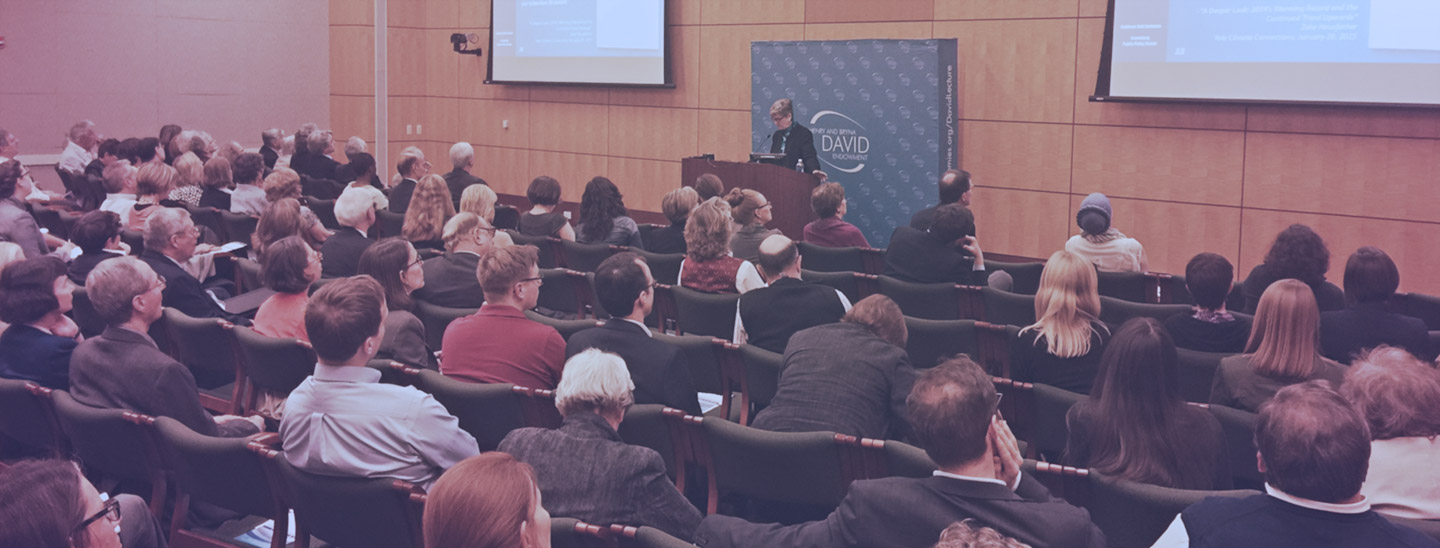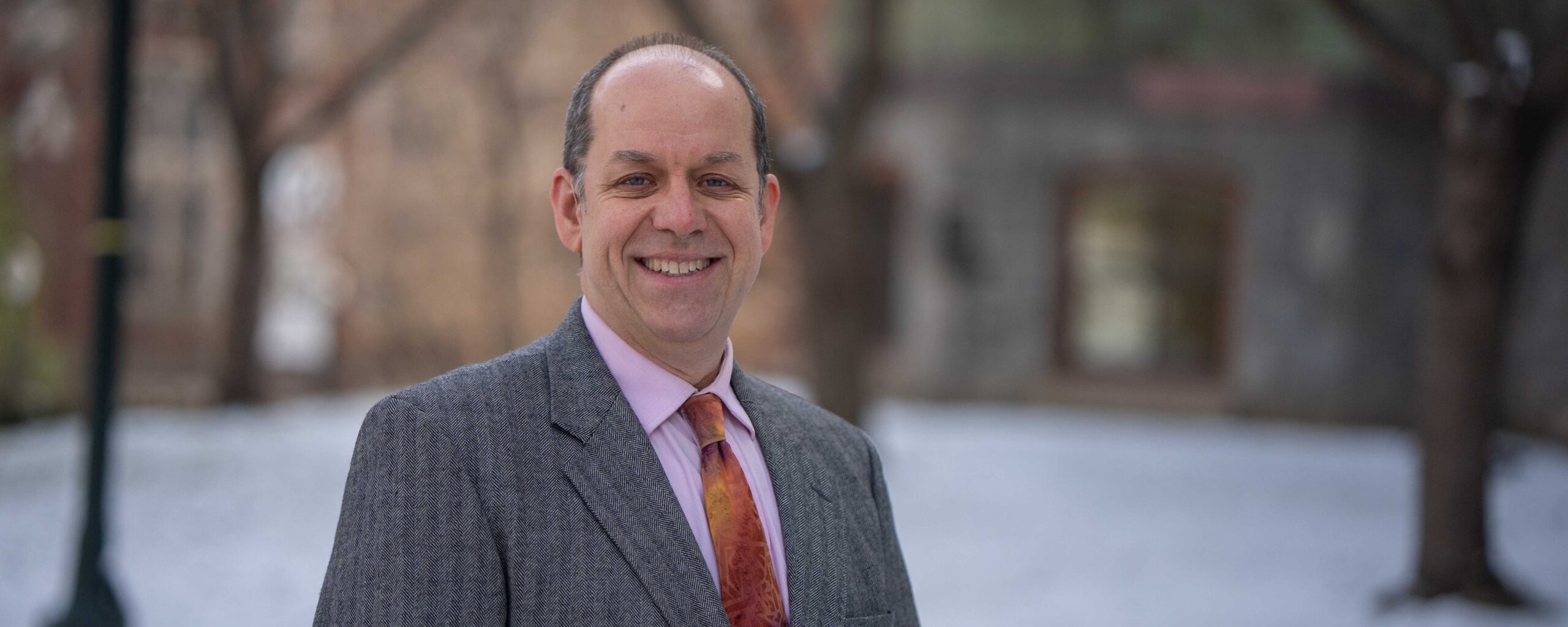Annenberg Public Policy Center director Kathleen Hall Jamieson delivered The Henry and Bryna David Endowment Lecture on “Communicating the Value and Values of Science” at the National Academy of Sciences on April 28, 2015. The lecture was subsequently published in Issues in Science and Technology in its Fall 2015 issue. (Read or download it here.)
Jamieson examined the roles of the scientific and journalistic communities, using examples of successes and failures in science communication in cases such as the false link between autism and vaccines; stem cell research; climate change; last winter’s erroneous warnings of a New York City “Snowmageddon”; genetically modified organisms (GMOs); and the hole in the ozone layer.
Abstract: “As a way of knowing, science carefully defines key terms, faithfully accounts for evidence, acknowledges the limitations in data and methods, and champions a climate characterized by critique and self-correction. Communication that fails to respect these norms increases science’s vulnerability to critics and calls into question the scientific enterprise’s ability to protect itself from the effects of human bias. After flagging instances of exemplary and problematic scientific communication, the lecture will outline ways that communicators can embody and express science’s values and value.”
The Henry and Bryna David Endowment “awards innovative research in the behavioral and social sciences by selecting a leading expert and researcher to write an article in their field to be presented at the National Academy of Sciences and published in Issues in Science and Technology.” The lecture is under the auspices of the National Academies’ Division of Behavioral and Social Sciences and Education (DBASSE).
The Annenberg Public Policy Center last fall expanded its areas of research into the science of science communication. Jamieson said at the time, “There’s a persistent gap between expert knowledge of scientific issues and public perception on myriad issues. Through empirical testing, we will examine ways to close this gap and separate the issues in communicating science from the evidence that is being presented.” She said APPC also will study such issues as the self-correcting nature of science, and whether corrections and retractions contribute to a perception that the science itself is flawed.
In addition, FactCheck.org, a project of the policy center, recently added the new project SciCheck with the support of the Stanton Foundation. SciCheck is dedicated to investigating the misuse of science in political speech.



